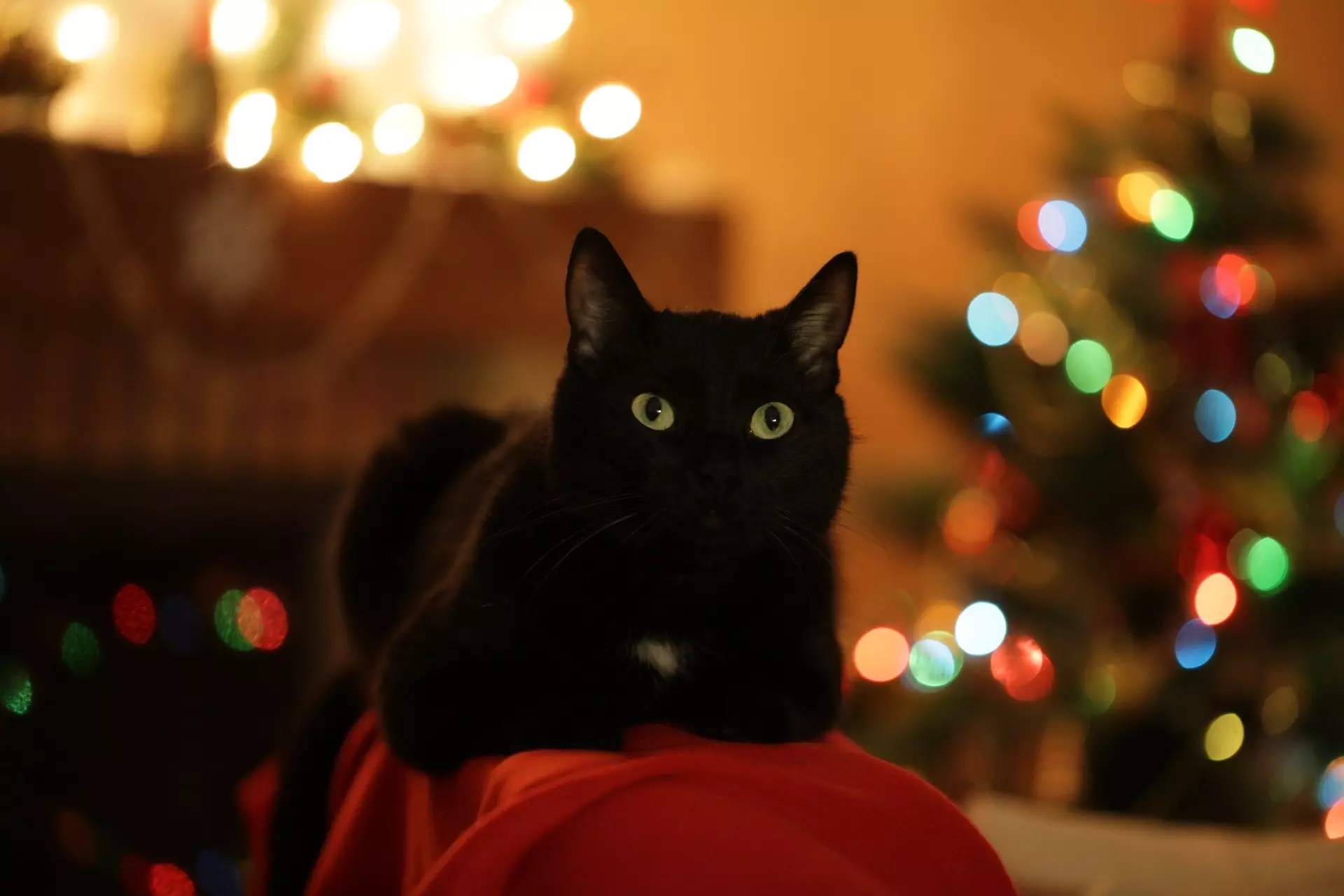As the joyous festivities approach, many households adorn their spaces with traditional seasonal flora that brightens the winter atmosphere. While festive plants may enhance the appeal of our homes, it’s crucial for pet owners to understand the potential threats these plants pose to their beloved animals. Various plants that symbolize the holiday season can be hazardous, necessitating vigilance to ensure that our furry companions remain safe.
Veterinary experts, particularly from the PDSA, the UK’s largest veterinary charity, have raised awareness regarding the toxicity of several common winter plants. It’s easy to overlook how alluring decorations could translate into serious health threats for pets. Popular holiday choices like Holly, Mistletoe, and Poinsettia might look stunning in your home but can lead to severe health issues if ingested by curious pets. PDSA Veterinary Surgeon Lynne James emphasizes the importance of keeping such decorations out of reach, underscoring that the potential harm from these plants can often go unnoticed by vigilant pet owners.
In particular, the festive season presents unique challenges, as certain plants flourish indoors and outdoors during this time. This adaptability means that vigilance is required not only in decorating with these plants but also in their natural settings.
To maintain a safe environment for pets during the holidays, pet owners should take heed of specific plants known to be toxic. The hazardous list is extensive and includes Azaleas, Rhododendrons, and even more widely recognized decorations such as Mistletoe and Poinsettia. Some of the most concerning plants during this time include:
– **Azalea/Rhododendron (Rhododendron species):** Commonly festive and beautiful, their ingestion can lead to toxicity.
– **Poinsettia (Euphorbia pulcherrima):** Often associated with Christmas, it can cause irritation and discomfort to pets.
– **Holly (Ilex species):** While delightful in decorations, its berries can be harmful to pets.
– **Mistletoe (Viscum album):** Known for its romantic appeal, it’s also a significant danger if pets consume its berries.
These plants are just the tip of the iceberg. Others like Ivy, Snowdrops, and Yew have the potential to result in severe poisoning, manifesting through symptoms such as vomiting, diarrhea, excessive drooling, abdominal pain, and even shaking or trouble breathing in pets.
Holiday Season Tips for Pet Owners
Ensuring a pet-safe environment during the holiday season involves proactive measures. Pet owners should consider removing these toxic plants from their homes entirely. If festive spirit is desired, there are plenty of non-toxic alternatives that can celebrate the season’s cheer without compromising pet safety.
Ultimately, the focus of the holiday should be on joy and family, and this means all members—including the furry ones—deserve a safe environment. If there’s any suspicion that your pet may have ingested something dangerous, prompt consultation with a veterinarian is vital in preventing serious health risks. Keeping our pets safe allows us to enjoy the festivities with peace of mind, ensuring that every family member has a merry and bright season.
